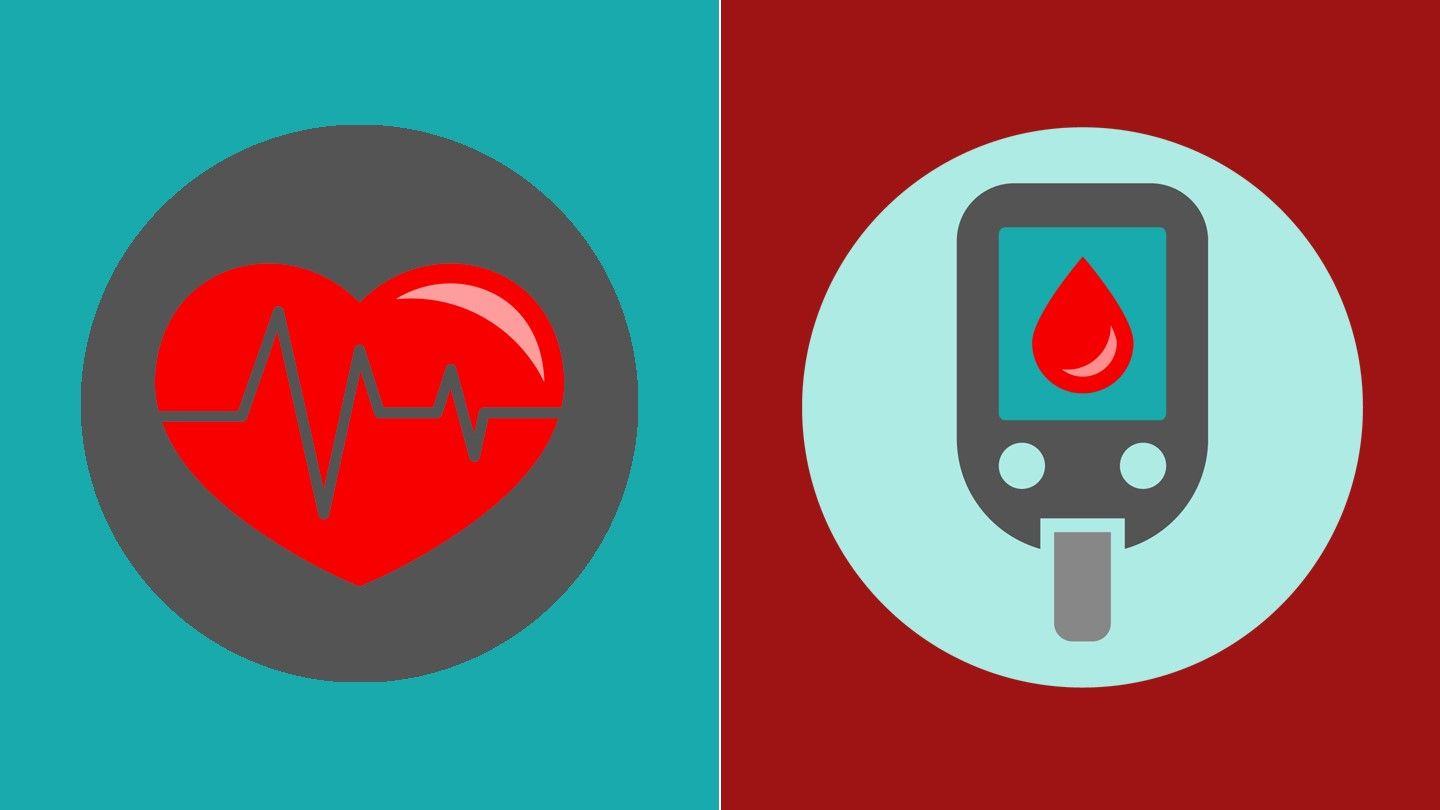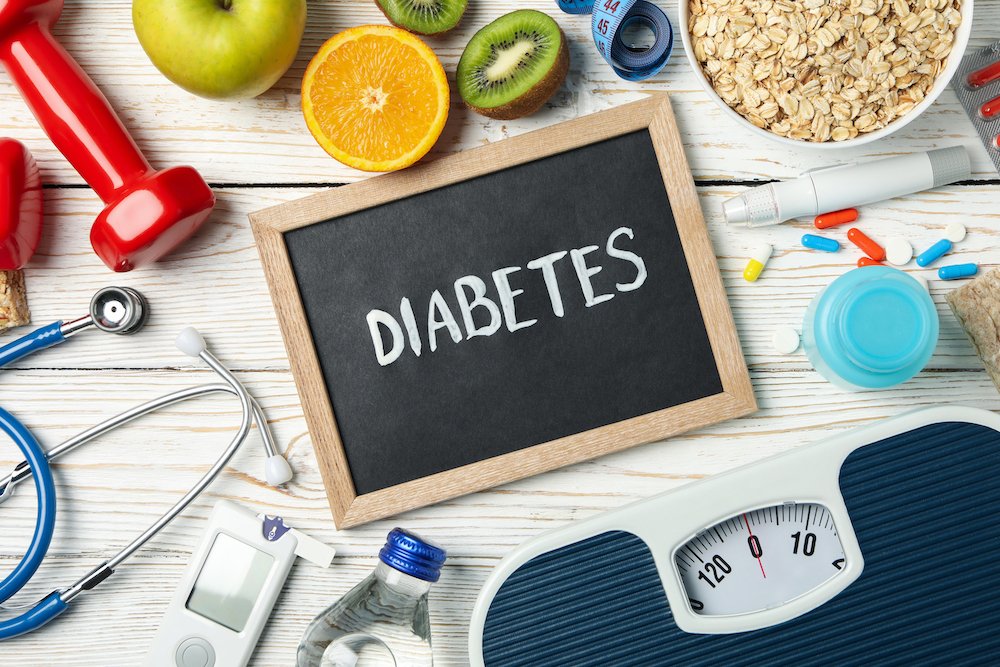Hypoglycemia represents the decrease of the glycemic index below the value of 70mg/dl, a medical condition in which muscle cells and especially nerve cells are deprived of the main substrate necessary for the development of metabolic processes in optimal conditions.
What are the causes of hypoglycemia?
What are the symptoms of hypoglycemia?
What is hypoglycemia?
Hypoglycemia represents the decrease of the glycemic index below the value of 70mg/dl, a medical condition in which muscle cells and especially nerve cells are deprived of the main substrate necessary for the development of metabolic processes in optimal conditions.
In the presence of a prompt glycemic metabolism, fasting blood glucose values (at least 8 hours after the last food intake) considered normal must be between 70 and 99 mg/dl, and 2 hours postprandial they must be <140 mg/dl.
What are the causes of hypoglycemia?
The risk factors that can cause blood sugar to drop are frequently represented by:
- Insulin overdose in people with type 2 diabetes
- Excessive alcohol consumption
- Eating disorders (a diet with a low glycemic index that does not correspond to the energy needs of the body)
- Liver, cardiac, or adrenal diseases
- Pancreatic tumors
- Hormonal imbalances (hyperthyroidism, pituitary hormone deficiency, glucagon deficiency)
- Irregular autonomous insulin secretion
- The pregnancy
What are the symptoms of hypoglycemia?
Decreases in glycemic values can manifest differently from case to case and vary depending on the severity of the condition as follows: mild hypoglycemia between 60-65 mg/dl can evolve asymptomatically or with minor manifestations, glycemic values lower than 50 mg/dl determine the appearance of moderate symptoms and serum concentrations below 30 mg/dl become life-threatening by generating severe manifestations.
Symptoms frequently encountered in patients with hypoglycemic conditions are represented by:
- Vertigo
- The feeling of extreme hunger accompanied by nausea
- Headache
- Decreased ability to concentrate
- Confusion
- Sweats
- Tachycardia
- Facial paresthesia
- Lack of coordination of voluntary movements
- Blurry vision
- Changes in behavior
The marked decrease in blood glucose can evolve with a marked state of confusion and disorientation of time and space, convulsions, loss of consciousness, or coma.
Diagnosis of hypoglycemia
The diagnosis of hypoglycemic states is established with the help of some criteria that constitute the Whipple triad: low level of glycemic values, the appearance of symptoms specific to hypoglycemia and the remission of symptoms after the administration of glucose. Along with the anamnesis and suggestive clinical examination of the patient, paraclinical laboratory investigations confirm the diagnosis of the condition by determining a glycemic index below the value of 70 mg/dl.
Determining the values of glycosylated hemoglobin, peptide C and insulin along with the identification of ketone bodies in the urine through the summary urine examination and performing a glucose tolerance test are other laboratory investigations that support the diagnosis of hypoglycemia.
Treatment of hypoglycemia
The initial emergency treatment instituted in acute hypoglycemic states is represented by the administration of a carbohydrate (fresh or dried fruit, bakery products) or a glucose tablet to correct the glycemic deficit and relieve symptoms.
The treatment of recurrent hypoglycemia is etiological and addresses the cause that determines the repeated drops in blood glucose concentrations and can be done by:
- Giving up alcohol consumption
- Respecting a balanced diet that includes: eating foods with a low intake of refined sugar, avoiding simple carbohydrates and protein-rich dishes; main meals must be divided into small portions and consumed at regular time intervals
- Adjustment or modification of insulin doses in patients with diabetes who require replacement treatment of pancreatic function
- Surgical treatment of pancreatic tumors that cause the manifestation of hypoglycemic crises
Find out more:
- Hypoglycemia – https://care.diabetesjournals.org/content/17/7/734.short
- Hypoglycemia in Diabetes – https://care.diabetesjournals.org/content/26/6/1902.short
- Hypoglycemia – https://www.cabdirect.org/cabdirect/abstract/19371403432


